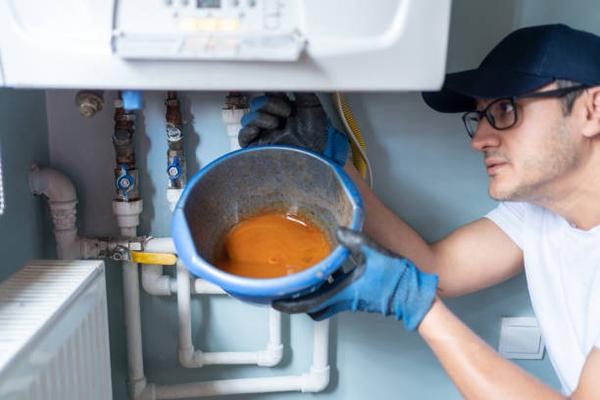When it comes to replacing a water heater in your home, there are several important factors to consider. One of the most crucial aspects of this process is obtaining the necessary permits and adhering to regulations set forth by local authorities. Failure to comply with these requirements can result in fines, delays, or even safety hazards.
Before beginning any work on your water heater replacement project, it is essential to check with your local building department to determine what permits are required. In most cases, a permit will be needed for this type of work, as it involves plumbing and potentially electrical components. The permit application process typically involves submitting detailed plans and specifications for the new water heater repair near me installation.
In addition to obtaining the necessary permits, it is also important to ensure that all work is done in compliance with local building codes and regulations. These codes are put in place to protect homeowners and ensure that installations are done safely and correctly. Failure to adhere to these regulations can result in serious consequences, including fines or even having the work redone at additional cost.
One common regulation that homeowners must be aware of when replacing a water heater is the requirement for a pressure relief valve. This valve helps prevent excessive pressure from building up inside the tank, which can lead to explosions or other dangerous situations. It is essential that this valve is installed correctly and meets all relevant standards.
Another important consideration when replacing a water heater is ensuring that all electrical connections are done properly. This includes making sure that wiring is up-to-code and that any necessary grounding measures are taken. Improper electrical connections can pose significant safety risks, so it is crucial not to cut corners in this area.
Finally, homeowners should also be aware of any warranty considerations when replacing a water heater. Many manufacturers require professional installation in order for their warranties to remain valid. Failing to comply with these requirements could void the warranty on your new water heater, leaving you responsible for any future repairs or replacements.
In conclusion, replacing a water heater may seem like a simple task at first glance but requires careful attention to detail when it comes to permits and regulations. By obtaining the necessary permits, following local building codes, installing required safety features like pressure relief valves correctly ensuring proper electrical connections maintaining manufacturer warranties homeowners can avoid potential issues down the line while enjoying reliable hot water for years to come.
Code 3 Plumbing and Drain
7417 NW 84th St, Oklahoma City, OK 73132
405-860-6888

